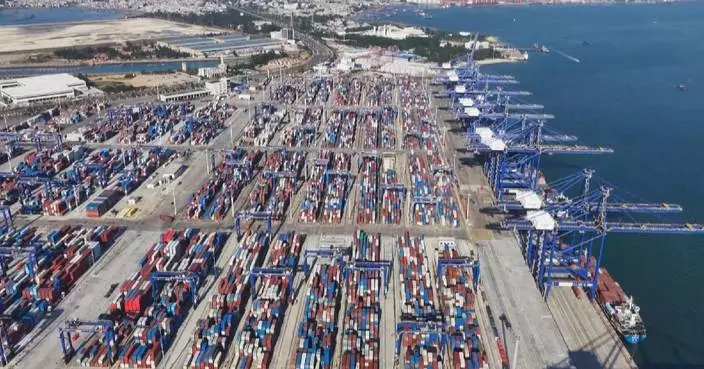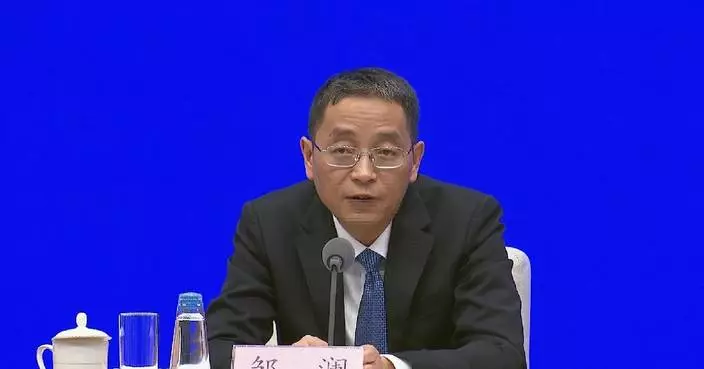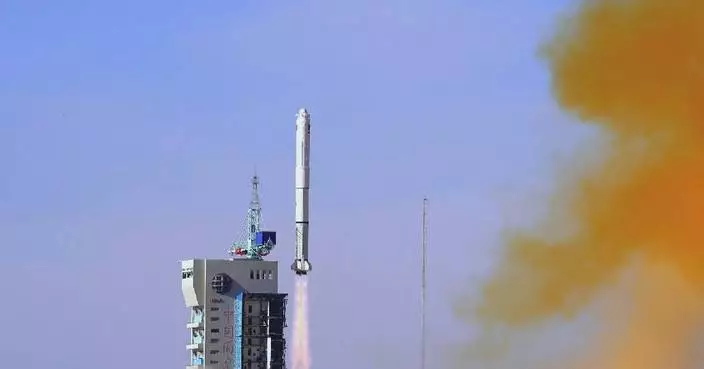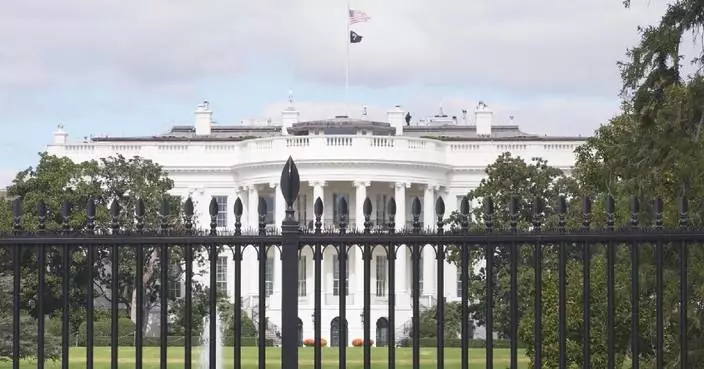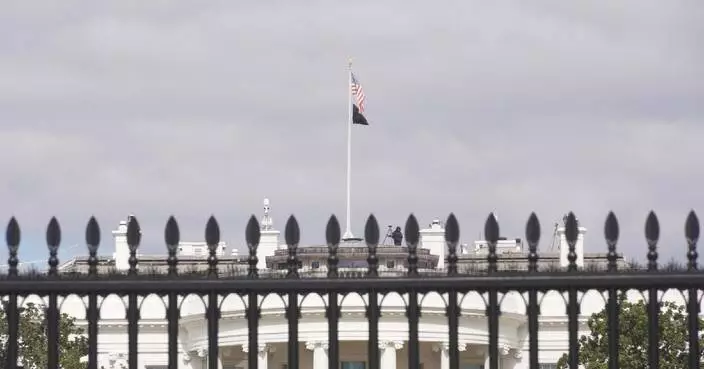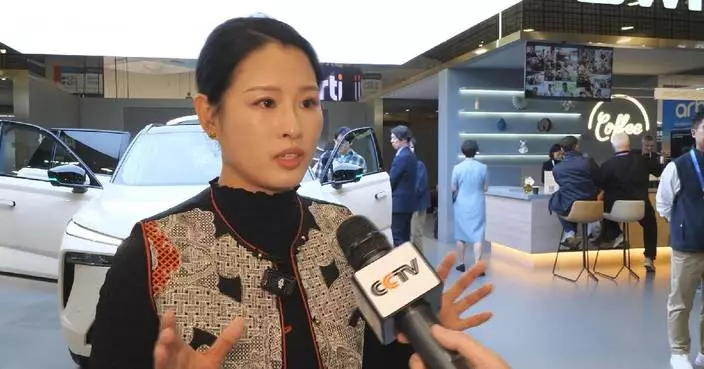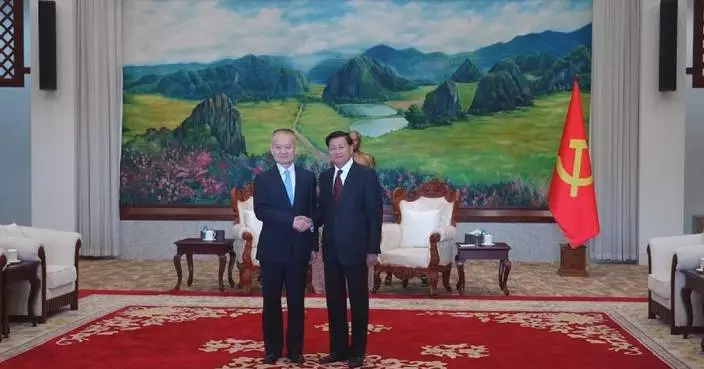Feature · News
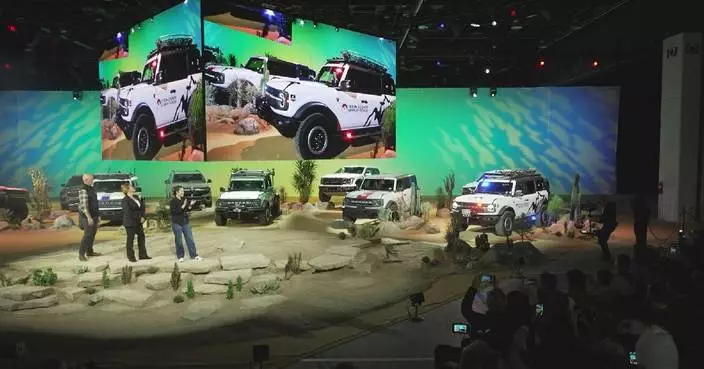
Ford delays electrification plans in US amid policy headwinds, cost cuts
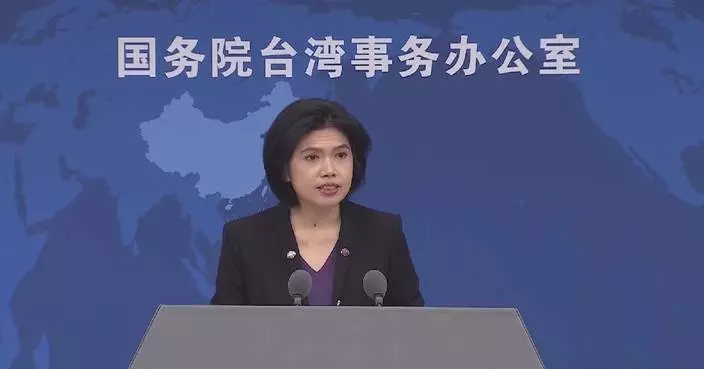
No escape for those who endanger China's national sovereignty, security: spokeswoman

Chinese Embassy in South Africa unveils 2026 China-Africa Year of People-to-People Exchanges
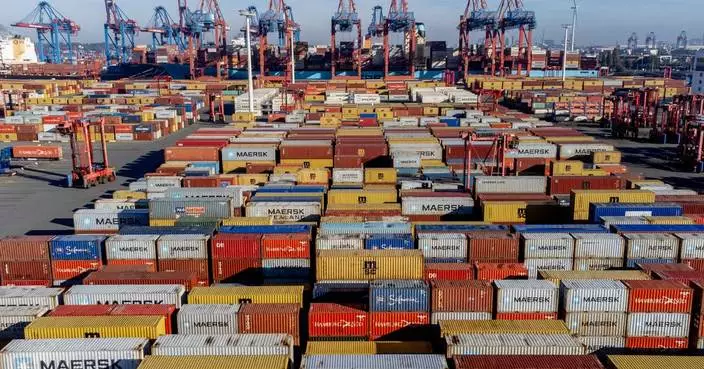
Germany's troubled economy shows modest growth after two years of shrinkage
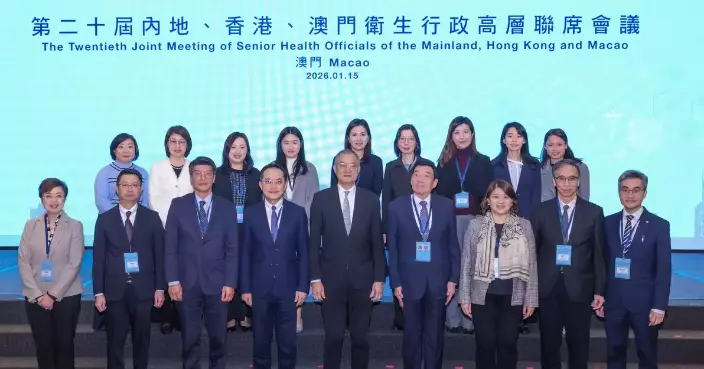
Health Officials from Mainland, Hong Kong, and Macao Meet to Discuss Medical Innovations and Public Health Strategies
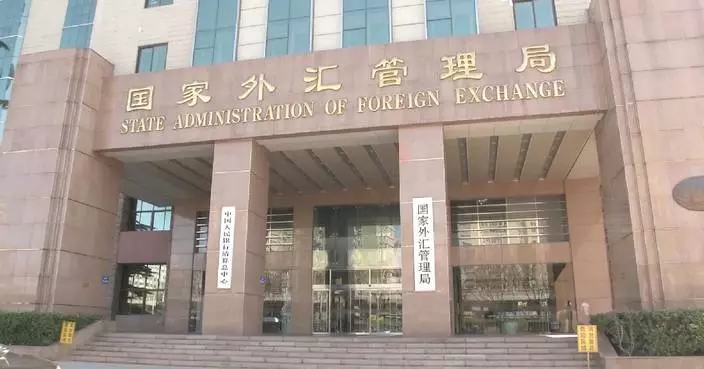
China's Forex transactions hit historic high in 2025
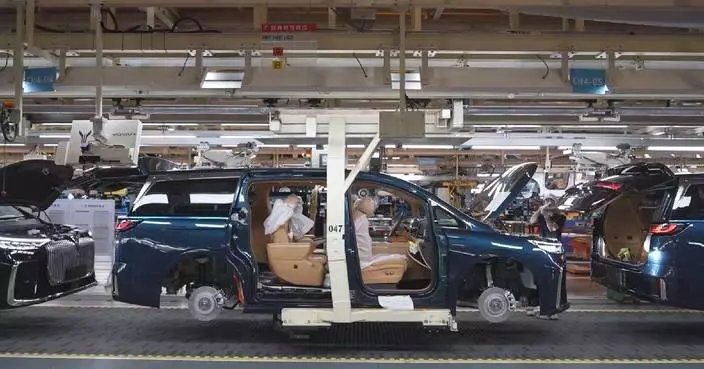
"Soft landing" of China-EU EV case to significantly boost market confidence: MOC spokeswoman
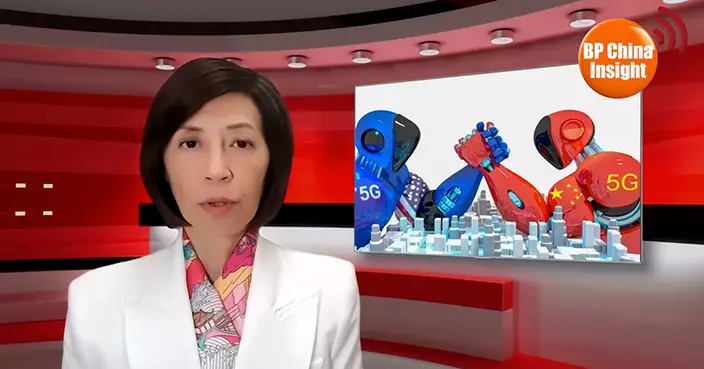
BP China Insight : Beijing Strikes Back at Meta's "Grab Tech and Talent" Acquisition
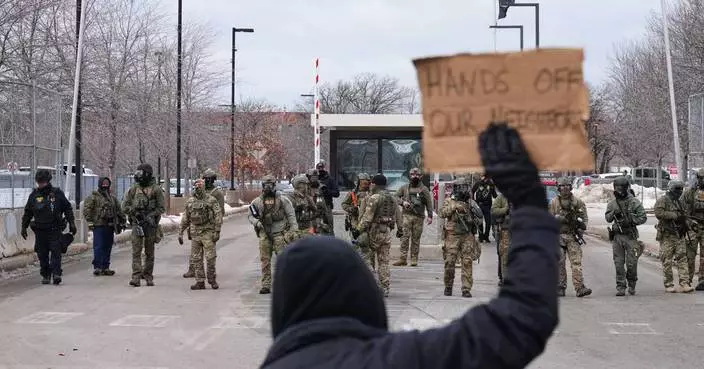
Proposals targeting immigration flood in following ICE shooting of Renee Good in Minneapolis
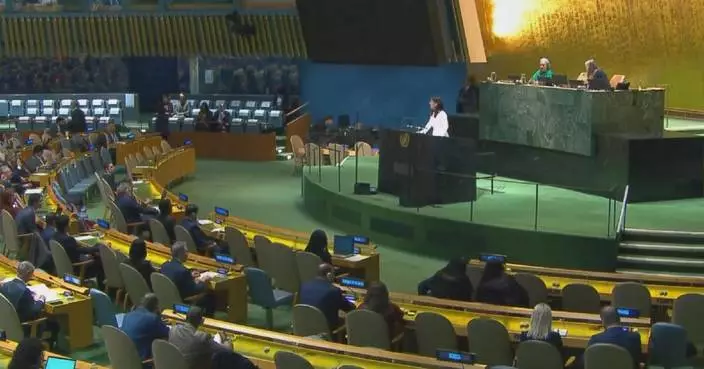
UNGA President warns global multilateral system "under attack"
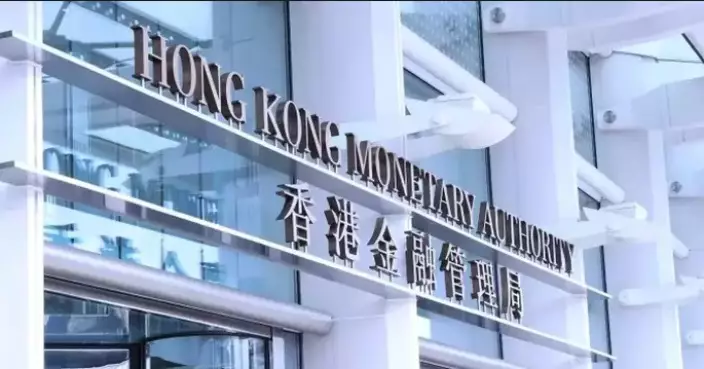
HKMA Warns Public About Recent Banking Scams and Fraudulent Websites
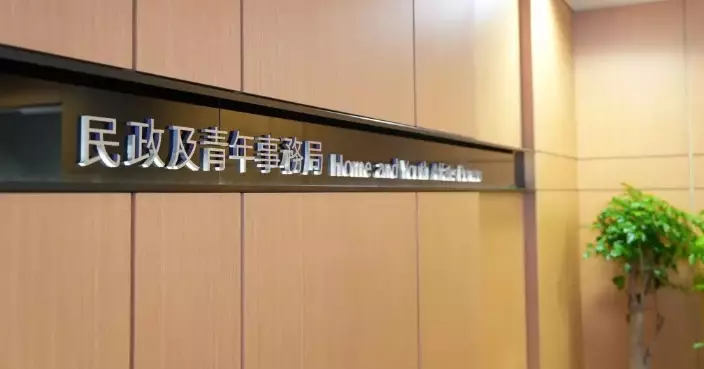
HYAB Launches Youth Start-up Internship Programme 2026 for Young Innovators in Hong Kong
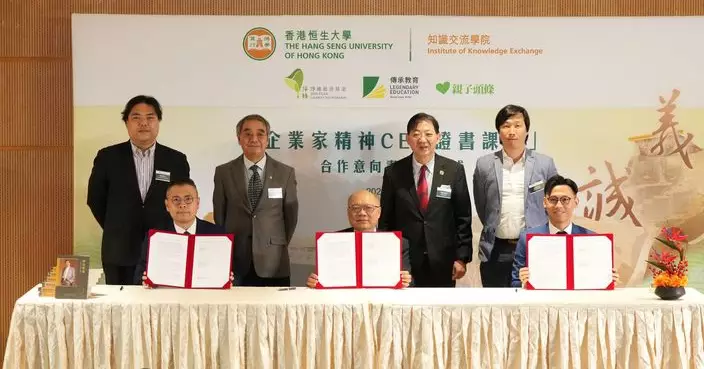
Hang Seng University of Hong Kong’s Institute of Knowledge Exchange Launches “Entrepreneurial CEO Certificate Course” to Cultivate Socially Responsible Business Leaders
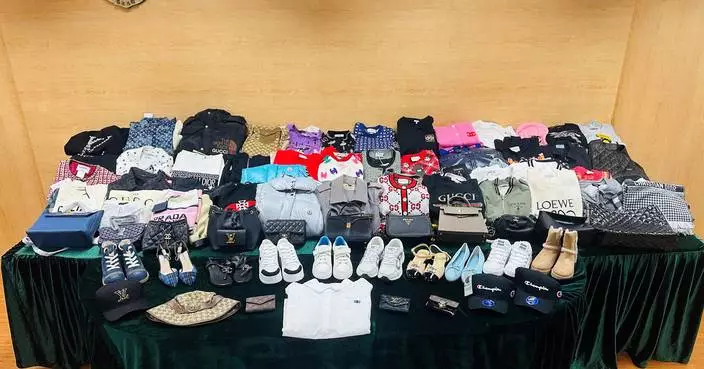
Hong Kong Customs Seizes $7.3 Million in Counterfeit Luxury Goods, Arrests Two Shop Owners
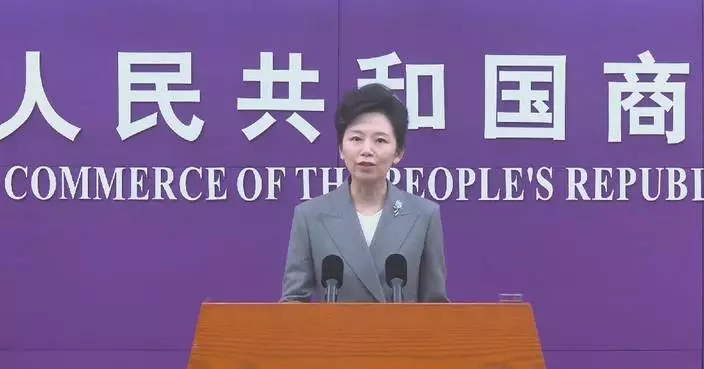
National online shopping event to be launched for Spring Festival

FLAsia 2026, Asia’s Leading Franchising and Licensing Show, Returns with New Vision at the Helm

"Soft landing" of China-EU EV case to significantly boost market confidence: MOC spokeswoman

BP China Insight : Beijing Strikes Back at Meta's "Grab Tech and Talent" Acquisition

Proposals targeting immigration flood in following ICE shooting of Renee Good in Minneapolis
UNGA President warns global multilateral system "under attack"
Ford delays electrification plans in US amid policy headwinds, cost cuts

No escape for those who endanger China's national sovereignty, security: spokeswoman
Chinese Embassy in South Africa unveils 2026 China-Africa Year of People-to-People Exchanges

Germany's troubled economy shows modest growth after two years of shrinkage

Health Officials from Mainland, Hong Kong, and Macao Meet to Discuss Medical Innovations and Public Health Strategies
China's Forex transactions hit historic high in 2025

HKMA Warns Public About Recent Banking Scams and Fraudulent Websites

HYAB Launches Youth Start-up Internship Programme 2026 for Young Innovators in Hong Kong

Hang Seng University of Hong Kong’s Institute of Knowledge Exchange Launches “Entrepreneurial CEO Certificate Course” to Cultivate Socially Responsible Business Leaders

Hong Kong Customs Seizes $7.3 Million in Counterfeit Luxury Goods, Arrests Two Shop Owners
National online shopping event to be launched for Spring Festival

FLAsia 2026, Asia’s Leading Franchising and Licensing Show, Returns with New Vision at the Helm
Feature·Bloggers

【Deep Throat】Trump's Latest Iran Tariff Bluff: China Sees Right Through It

【Ariel】Jimmy Lai’s “Solitary” Twist: Judges Say He Asked For It

【What Say You?】Accomplice Witness Chen Zihao: Family Stalked, Fears Black Bloc Revenge After Release

【Deep Blue】International Laws? You Kidding Me?

【Bastille Commentary】Chicken-hearted Conservatives: Sanctioning Hong Kong Judges While Trump Runs Wild

【What Say You?】Trump’s “Maduro Grab” Gets a Glossy Spin by the Usual Suspects
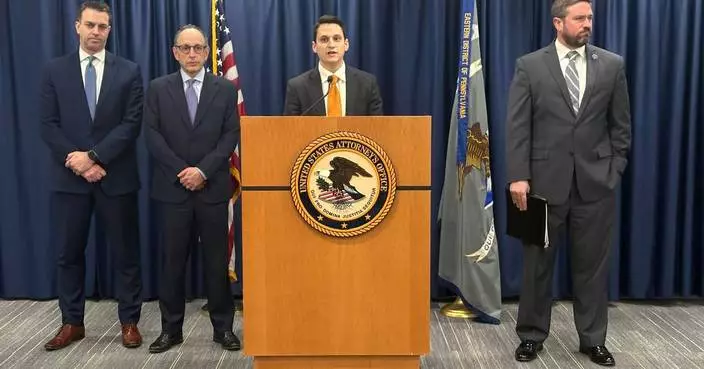
NCAA basketball players and gambling fixers are charged for allegedly rigging games
- Trump is meeting with Venezuelan opposition leader after cozying up to Maduro’s successor
- Trump threatens to use the Insurrection Act to end protests in Minneapolis
- Remains of 32 Cuban officers killed during strike on Venezuela repatriated as US threat lingers
- GEICO Expands in North Texas with 2,500 New Jobs, Adds Third Building and Dallas Cowboys Partnership
- The Latest: UN Security Council to discuss Iran's deadly protests after US request
- International media flock to Greenland as Trump turns the Arctic island into a geopolitical hot spot
- Trump announces outlines of health care plan he wants Congress to consider
- Kaiser affiliates will pay $556M to settle a lawsuit alleging Medicare fraud
- Affordable Housing Leader Dan Foster Joins Federal Home Loan Bank of Dallas' Affordable Housing Advisory Council
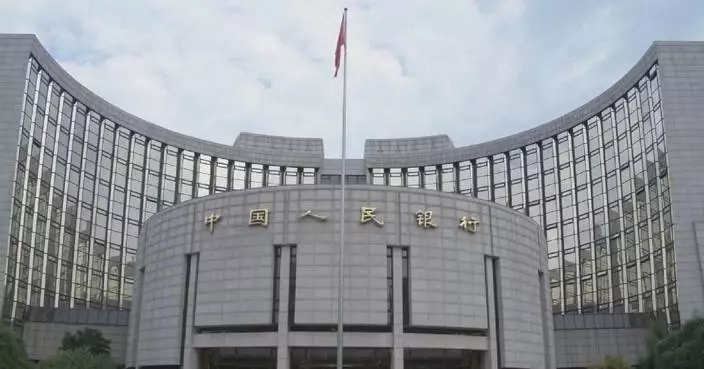
China's aggregate social financing maintains high growth in 2025
- Canadian PM's visit to China paves way for more pragmatic trade ties: scholar
- China's commerce minister outlines plans to boost consumption, trade in 2026
- China ready to work for steady, sound ties with Canada: FM
- U.S. tariffs plunge Lesotho's textile industry into crisis
- Venezuelan workers rally for Maduro's return
- Japanese PM's erroneous remarks on China's Taiwan undermine regional stability
- Palestinian death toll in Gaza rises to 71,439: health authorities
- Russia, Ukraine update battle reports
- Chinese, Iranian FMs have phone conversation
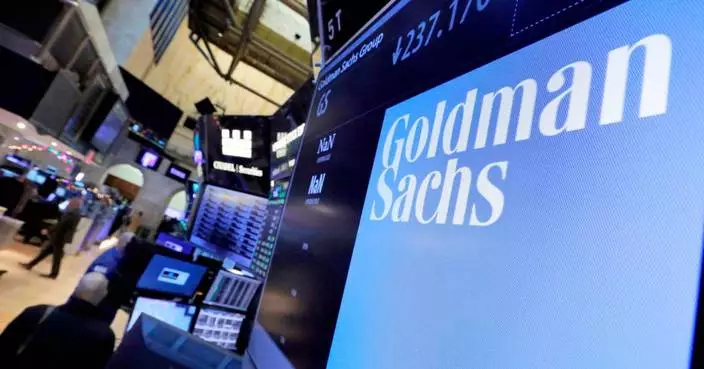
Goldman Sachs and Morgan Stanley see double-digit profit jumps amid surging stock market
- Lawmakers propose $2.5B agency to boost production of rare earths and other critical minerals
- What to know about UK legal changes aiming to regulate AI-generated nude images
- US seizes sixth sanctioned tanker it says has ties to Venezuela in Trump's effort to control its oil
- Exiled crown prince’s plan for Iran is mostly aimed at Trump, experts say
- Final day to select ACA health plans arrives in most states, with no subsidy deal yet
- Aon's Resilience Quotient Cuts Through Uncertainty and Volatility to Help Businesses Move from Risk to Resilience and Growth
- MOVA Life brings its smart health home vision to Silicon Valley
- US sanctions Iranian officials accused of repressing protests against the government
- Iran closes its airspace to commercial aircraft for hours as tensions with US remain high
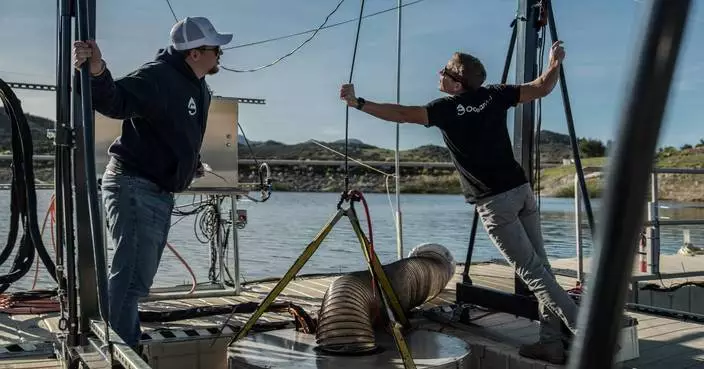
In a warming world, freshwater production is moving deep beneath the sea
- Ailing astronaut returns to Earth early in NASA's first medical evacuation
- Aimed at the growing number of young Chinese who live alone, a new app asks: ‘Are you dead?'
- Wikipedia unveils new AI licensing deals as it marks 25th birthday
- Grok blocked from undressing images in places where it's illegal, X says
- NASA sends 4 astronauts back to Earth in first medical evacuation
- Public mistrust linked to drop in deceased donor organ donations and kidney transplants
- US overdose deaths fell through most of 2025, federal data reveals
- Free Starlink access for Iran seen as game changer for demonstrators getting their message out
- Barclays Research Finds Humanoid Robotics On Track to Become a $200 Billion Market by 2035
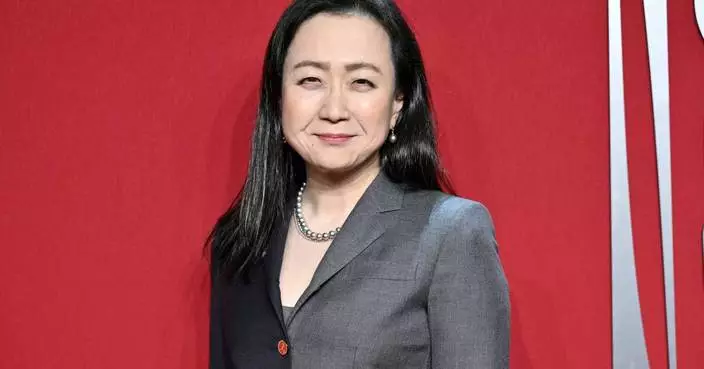
Min Jin Lee's 'Pachinko' follow-up, 'American Hagwon,' will explore Korean education obsession
- Actor Timothy Busfield ordered held without bond in New Mexico child sex abuse case
- Royal Opera sees generation change as Jakub Hrůša and Speranza Scappucci come in
- Julio Iglesias accused of sexual assault in Caribbean as Spanish prosecutors study the allegations
- Fanatics debuts Fanatics Studios with Olympics, Tom Brady and ESPN at Intuit Dome
- Warm up with creamy rutabaga, parsnip and cheddar soup
- Kim Gordon returns with defiant new solo album, 'Play Me': 'It does feel like an evolution'
- Serbians mark Orthodox Christian New Year according to old tradition
- At the NBR Awards, emotional speeches by Jafar Panahi and Ryan Coogler stir the room
- Japanese and South Korean leaders jam to K-pop hits at a summit

NBA hopes Ja Morant can play in Grizzlies-Magic game at London on Sunday
- Athletes Unlimited announces star-studded roster for fifth season of women's basketball
- Men's and women's Tour de France to have opening stages in Britain in 2027
- Clayton Kershaw not quite done pitching, will play for US in World Baseball Classic
- Brabec slows down deliberately to concede Dakar Rally bike lead and Al-Attiyah cruises
- Is Joel Embiid really back to All-Star form? 76ers proceed carefully as he avoids injury bug
- Olympic great Shaun White's next chapter: Shaping snowboarding from outside the halfpipe
- Inter Milan has 70% chance of Serie A title after becoming winter champion
- Skeleton athlete Katie Uhlaender's Olympic hopes take another hit as complaint dismissed
- McIlroy leads by one stroke after first round at Dubai Invitational
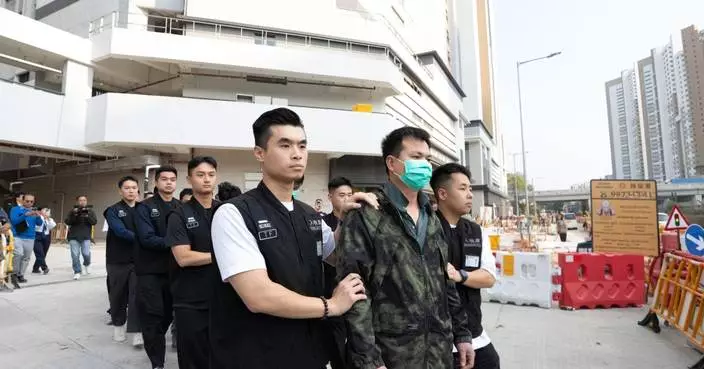
Six illegal workers and an employer arrested in Hong Kong's anti-illegal worker operation Contribute.
- Hong Kong Reports No New Chikungunya Fever Cases; Ongoing Mosquito Control Efforts Continue
- Passenger Sentenced to Three Months for Smuggling $21,000 in Duty-Not-Paid Cigarettes
- The New Legislative Council has Held its First Plenary Session, Focusing on the Issue of Post-Disaster Reconstruction of the Tai Po Fire
- Hong Kong's Merchandise Trade Volumes Surge in November 2025, Exports Up 15.4% and Imports Up 15.1%
- New Statistics Digest Reveals Marriage and Divorce Trends in Hong Kong, 1991-2024
- Hong Kong Customs Arrests Director for Unregistered Silver Jewellery Transaction Exceeding HK$120,000
- Government Reappoints Four Members to Financial Services Development Council Board for Two-Year Term
- New Recreational Facilities Open at Tseung Kwan O South Park in Sai Kung District
- Fire Services and Buildings Departments Launch Joint Operation to Address Industrial Building Fire Hazards and Safety Issues
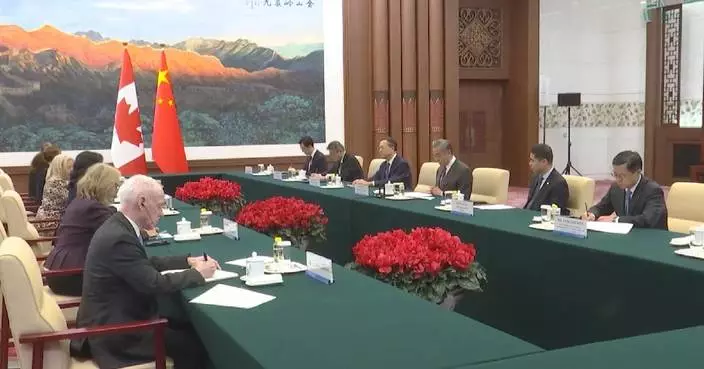
China ready to work for steady, sound ties with Canada: FM
- China's top legislator meets Canadian PM
- China willing to strengthen cooperation with Canada: premier
- China cuts interest rates on structural monetary policy tools by 0.25 percentage points
- Japanese people rally against PM's erroneous remarks, military expansion
- US intentions in Greenland violates Int'l law, targets oil: Spanish expert
- China, Canada have huge cooperation potential in economic, trade fields: commerce ministry
- Former Iranian VP warns foreign interference undermines demands of real protesters
- China's new round of trade-in subsidy program drives consumer goods sales
- Nigeria's drive to build digital economy faces major setback due to fibre crisis
Category · News

Goldman Sachs and Morgan Stanley see double-digit profit jumps amid surging stock market

NCAA basketball players and gambling fixers are charged for allegedly rigging games
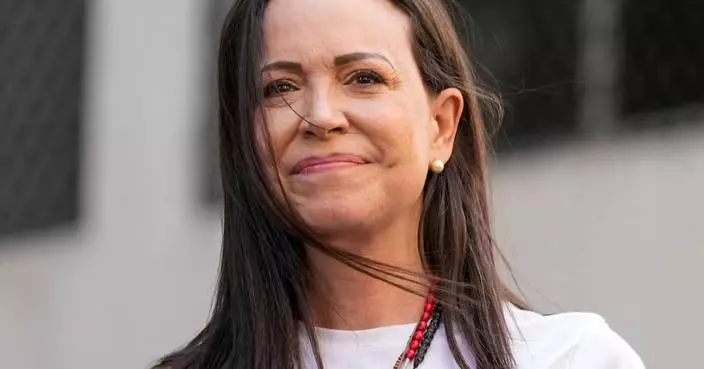
Trump is meeting with Venezuelan opposition leader after cozying up to Maduro’s successor
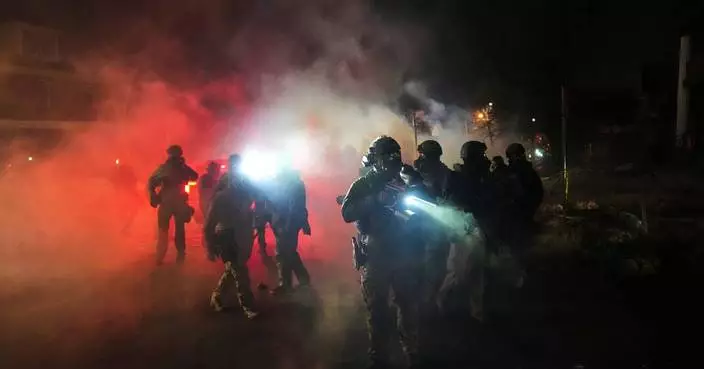
Trump threatens to use the Insurrection Act to end protests in Minneapolis
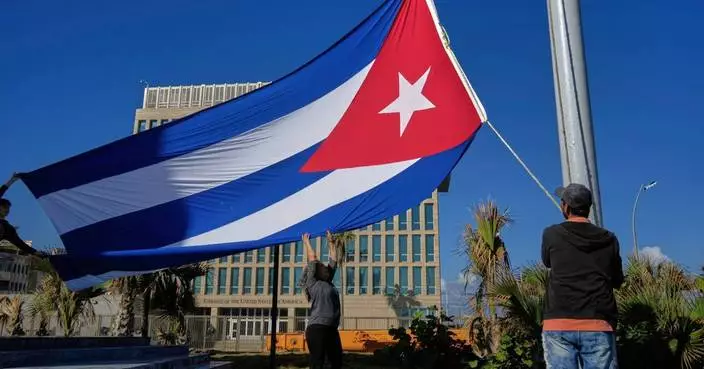
Remains of 32 Cuban officers killed during strike on Venezuela repatriated as US threat lingers
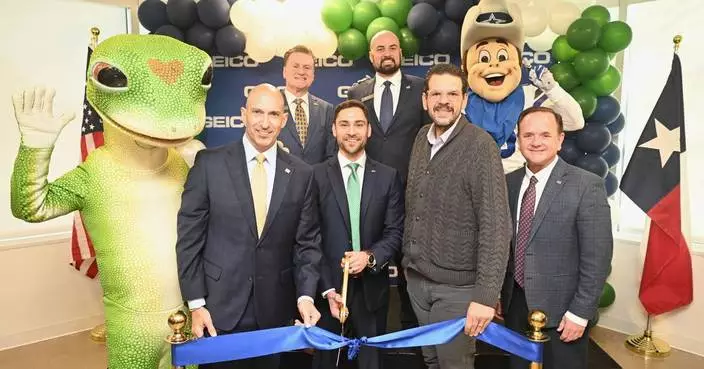
GEICO Expands in North Texas with 2,500 New Jobs, Adds Third Building and Dallas Cowboys Partnership

NBA hopes Ja Morant can play in Grizzlies-Magic game at London on Sunday
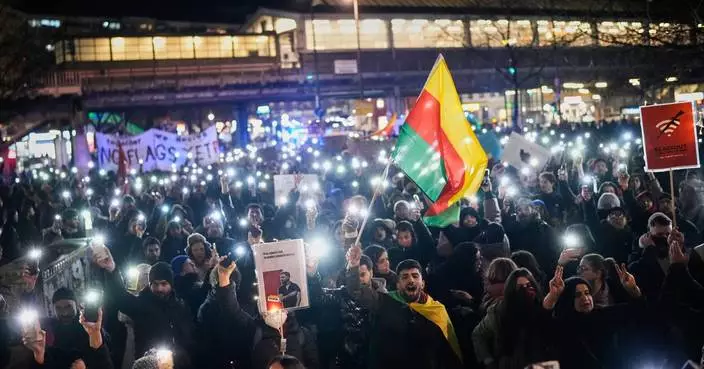
The Latest: UN Security Council to discuss Iran's deadly protests after US request

International media flock to Greenland as Trump turns the Arctic island into a geopolitical hot spot
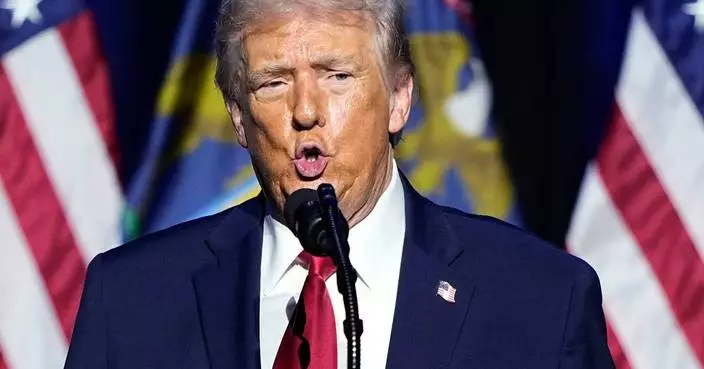
Trump announces outlines of health care plan he wants Congress to consider
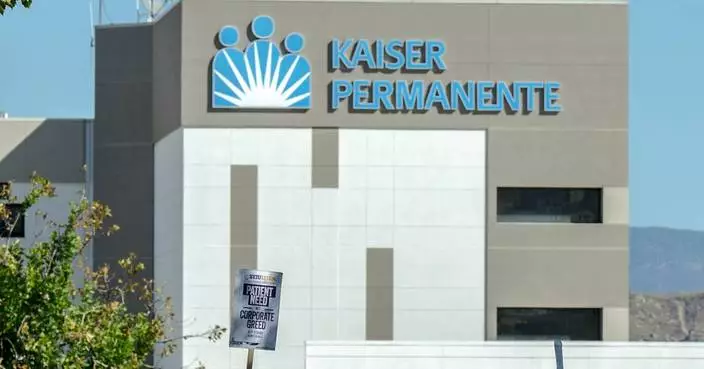
Kaiser affiliates will pay $556M to settle a lawsuit alleging Medicare fraud
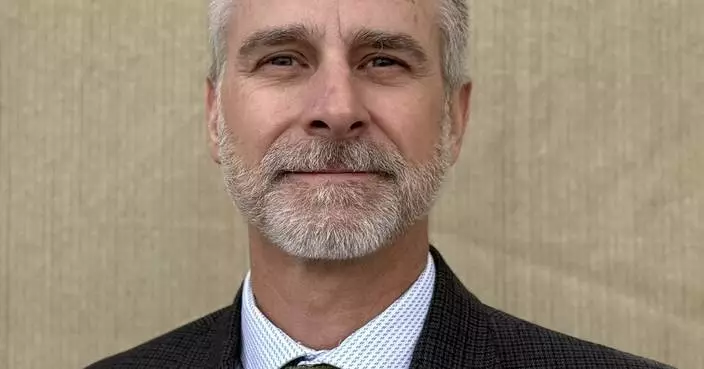
Affordable Housing Leader Dan Foster Joins Federal Home Loan Bank of Dallas' Affordable Housing Advisory Council
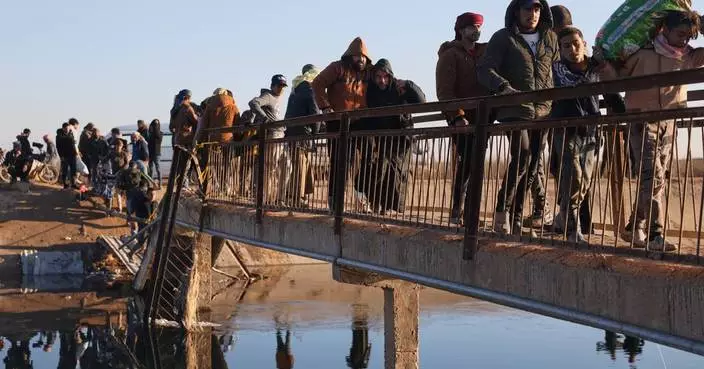
Civilians flee on foot as Syrian military offensive looms east of Aleppo
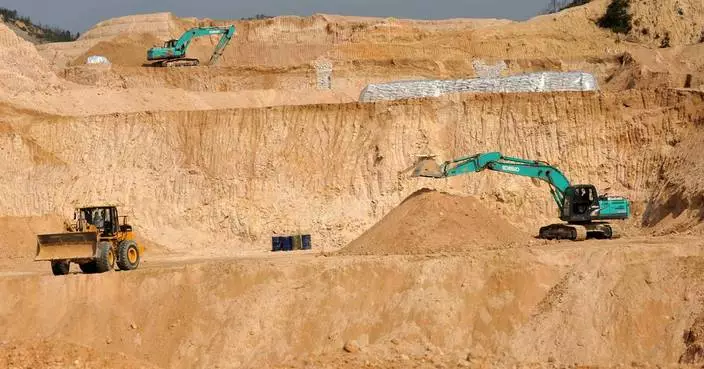
Lawmakers propose $2.5B agency to boost production of rare earths and other critical minerals

Athletes Unlimited announces star-studded roster for fifth season of women's basketball
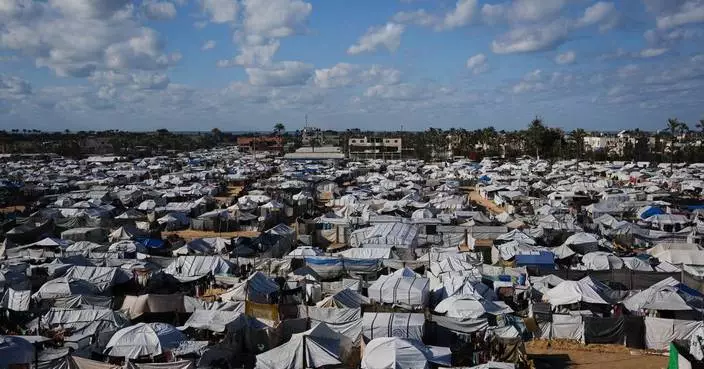
Netanyahu says the announced start of Gaza ceasefire's next phase is a 'declarative move'

Men's and women's Tour de France to have opening stages in Britain in 2027
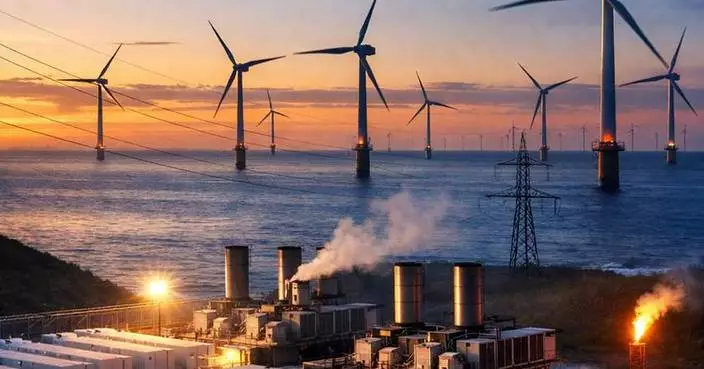
Terra Firma Energy - UK CfD Auction Clears at Higher Wind Prices — Underscoring the Value of Firm, Flexible Generation to Keep Bills Down and the Lights On
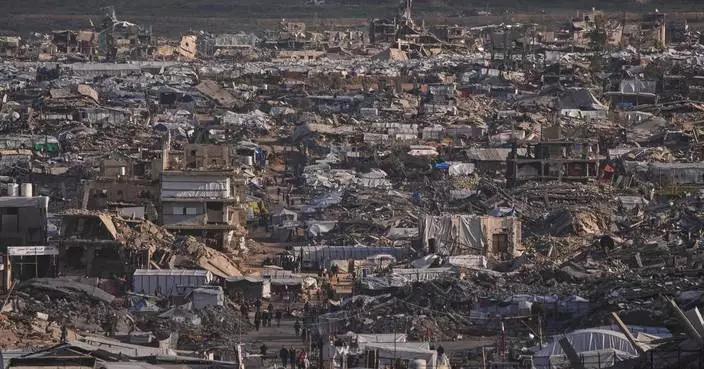
Trump's ceasefire plan faces great uncertainty as it moves into a new phase
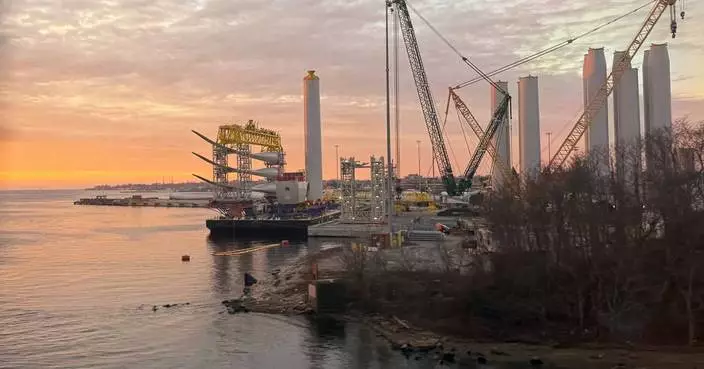
Judge hands offshore wind industry another victory against Trump in clearing way for NY project
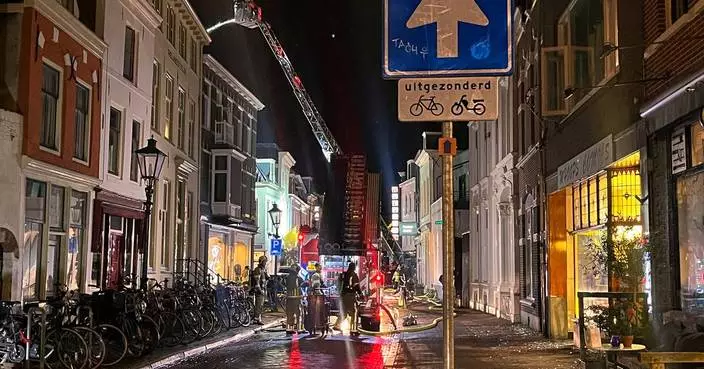
Explosion in the Netherlands injures at least 4 and causes widespread damage
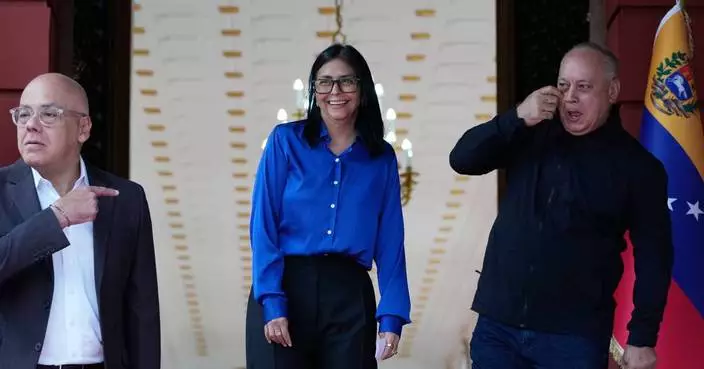
Venezuela’s new leader faces competing pressures from the US and a government loyal to Maduro

Save A Lot Donates Over 100,000 Bags of Food to Charities Across the Country
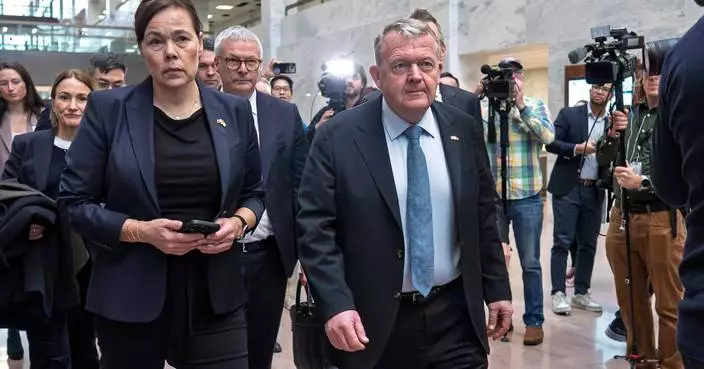
European troops arrive in Greenland as talks with US highlight 'disagreement' over island's future

UK’s Conservative Party leader torpedoes defection of chief rival by firing him first
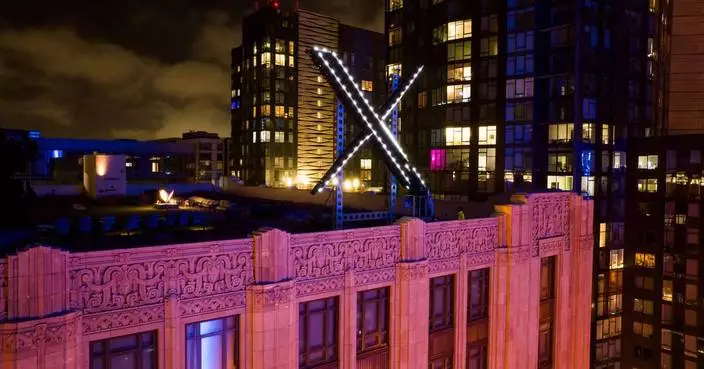
What to know about UK legal changes aiming to regulate AI-generated nude images
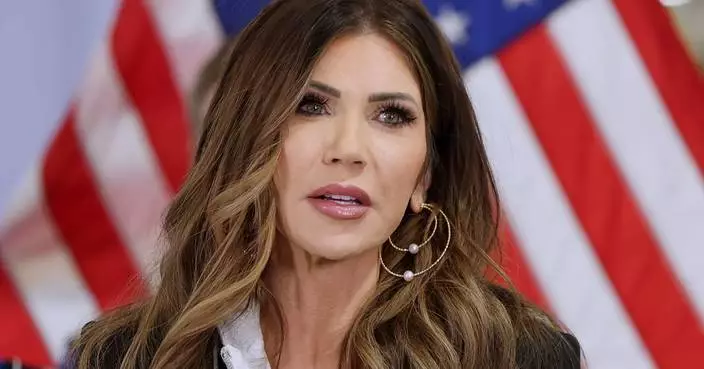
US seizes sixth sanctioned tanker it says has ties to Venezuela in Trump's effort to control its oil

Clayton Kershaw not quite done pitching, will play for US in World Baseball Classic
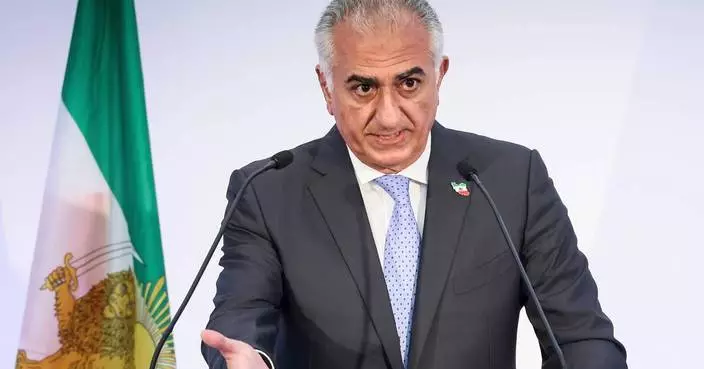
Exiled crown prince’s plan for Iran is mostly aimed at Trump, experts say

Final day to select ACA health plans arrives in most states, with no subsidy deal yet
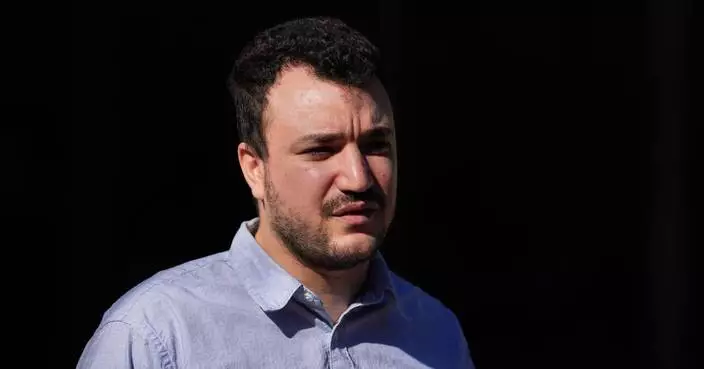
Court ruling jeopardizes freedom for pro-Palestinian activist Mahmoud Khalil

Igloo Makes Valentine's Day Cooler With Two Special-Edition Collections to Crush On
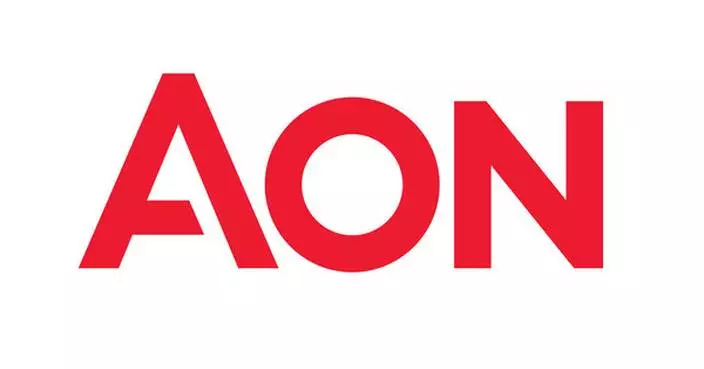
Aon's Resilience Quotient Cuts Through Uncertainty and Volatility to Help Businesses Move from Risk to Resilience and Growth

Brian Kemp survived Trump’s anger. Now he wants to shape Georgia’s future
China's aggregate social financing maintains high growth in 2025

83-year-old man convicted of killing Uber driver who he wrongly thought was scamming him
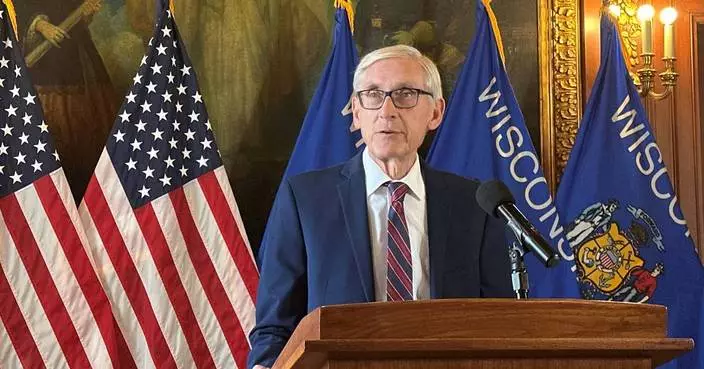
Democrats hope a blue wave washes over Wisconsin and gives them total control of battleground state

MOVA Life brings its smart health home vision to Silicon Valley
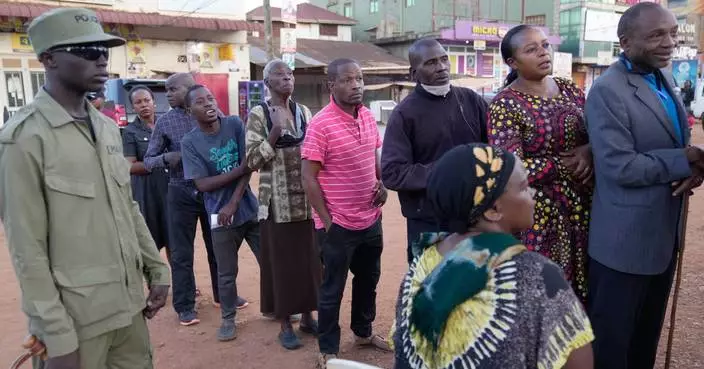
Uganda’s presidential election experiences hours of delays at some polling stations

Mouser Electronics New Product Insider: Over 40,000 New Parts Added in 2025
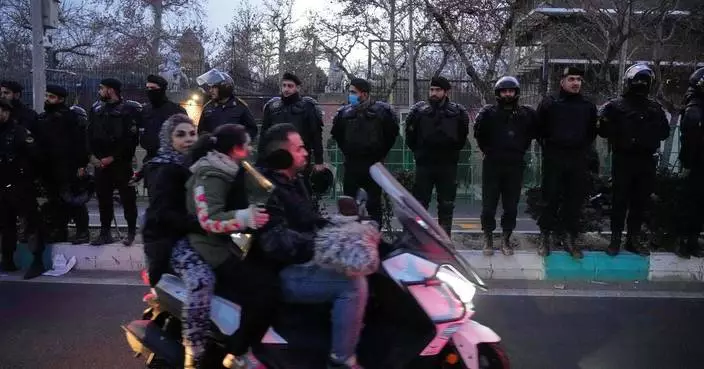
US sanctions Iranian officials accused of repressing protests against the government
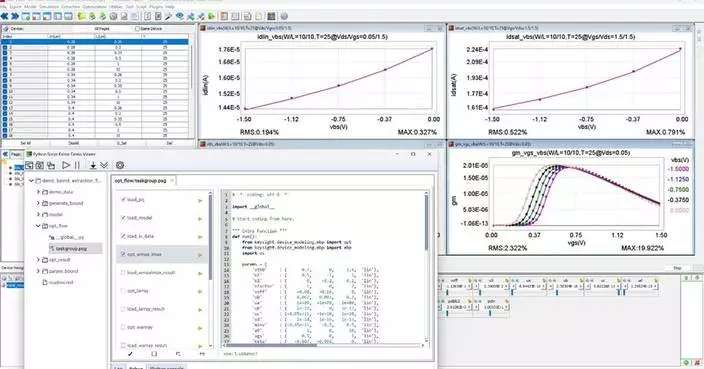
Keysight Unveils Machine Learning Toolkit to Accelerate Device Modeling and PDK Development

Altitude Marketing Releases 2026 CDMO Marketing Trends Report, Highlighting Shifts in Growth Strategy, Channel Performance, AI Adoption
Canadian PM's visit to China paves way for more pragmatic trade ties: scholar
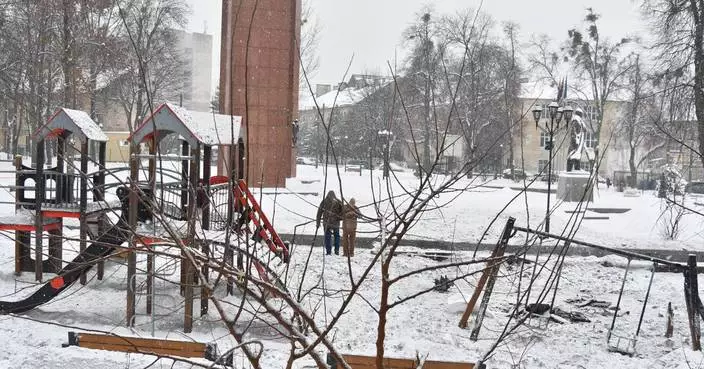
Moscow agrees with Trump that Ukraine is holding up a peace deal, the Kremlin says

Brabec slows down deliberately to concede Dakar Rally bike lead and Al-Attiyah cruises

Is Joel Embiid really back to All-Star form? 76ers proceed carefully as he avoids injury bug
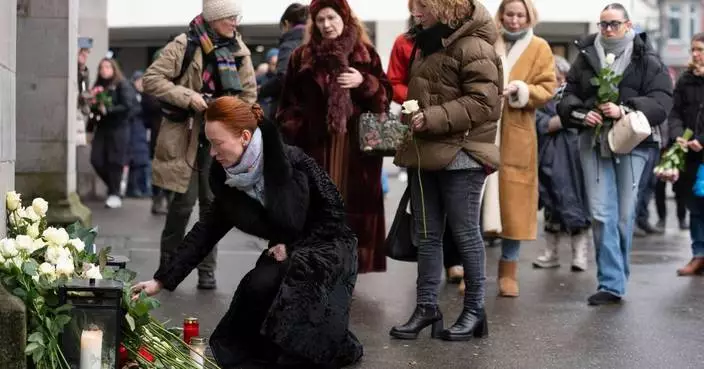
Pope meets families of young Italian victims of the Swiss Alps bar fire

Olympic great Shaun White's next chapter: Shaping snowboarding from outside the halfpipe
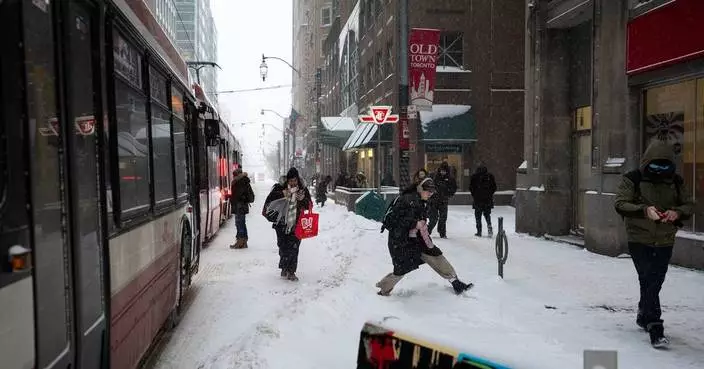
Toronto schools closed and commuters face delays as heavy snow blankets southern Ontario
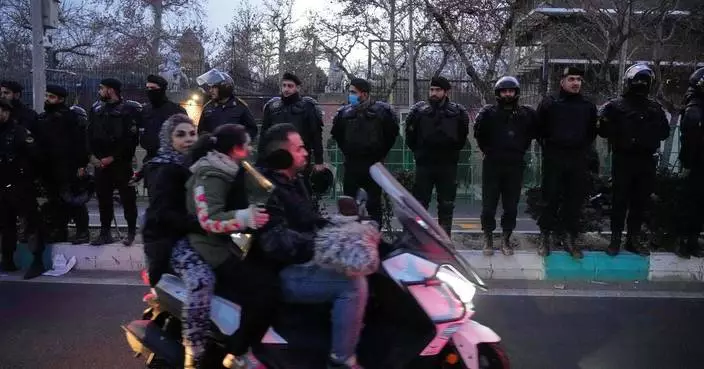
Iran closes its airspace to commercial aircraft for hours as tensions with US remain high
China's commerce minister outlines plans to boost consumption, trade in 2026

Inter Milan has 70% chance of Serie A title after becoming winter champion
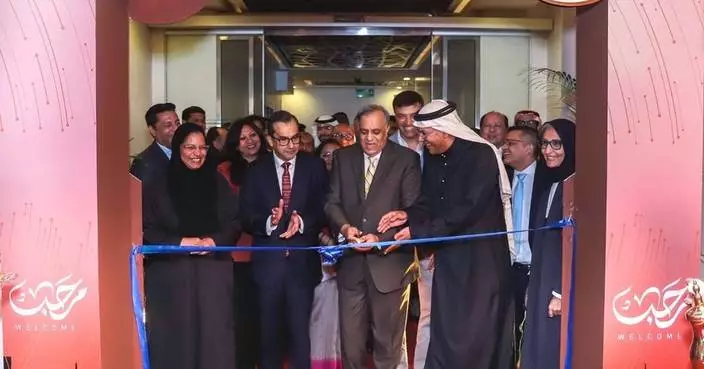
ITC Infotech Unveils Digital & AI Engineering Hub in Riyadh, Deepens Commitment to the Middle East Region.

10 Years Since AlphaGo, Code Name: BlueSpot Disclosed Ahead of Handicap-Match Events
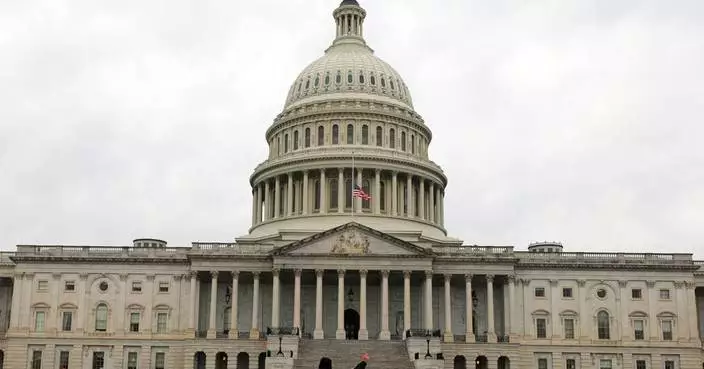
Control of the House is at the center of midterms. These charts help explain the fight
China ready to work for steady, sound ties with Canada: FM

Skeleton athlete Katie Uhlaender's Olympic hopes take another hit as complaint dismissed
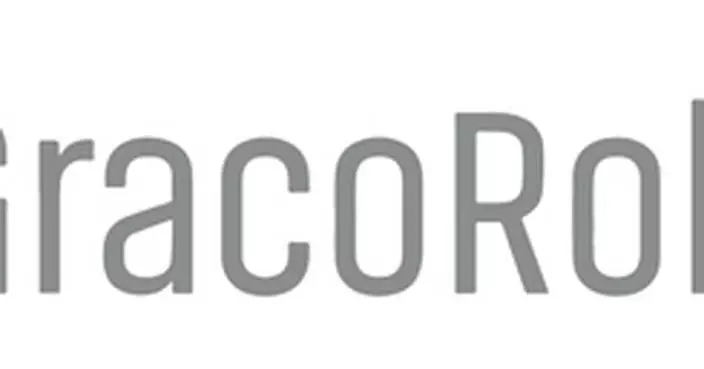
GracoRoberts Acquires Sky Mart to Accelerate Latin American Expansion, Anchored by Miami Hub
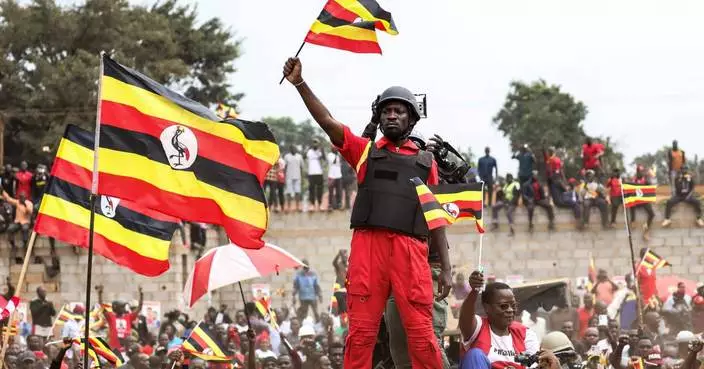
Photos show voters going to the polls in Uganda's presidential election
U.S. tariffs plunge Lesotho's textile industry into crisis
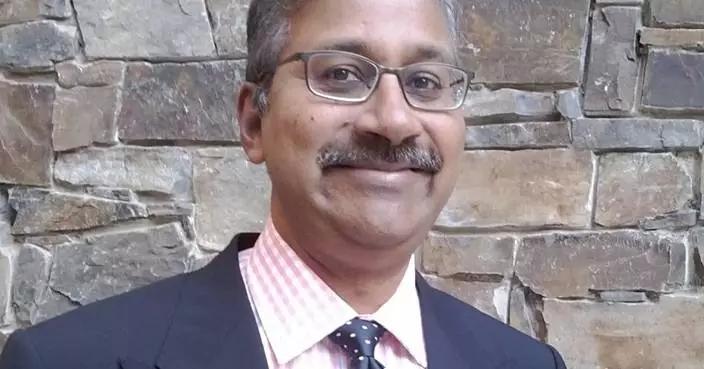
Google Founding Board Member Ram Shriram Joins GridCARE Board of Directors
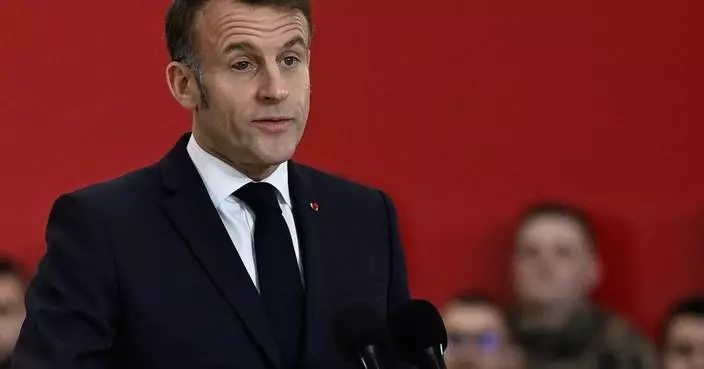
France's Macron laughs off 'harmless' eye condition as he addresses troops
Venezuelan workers rally for Maduro's return
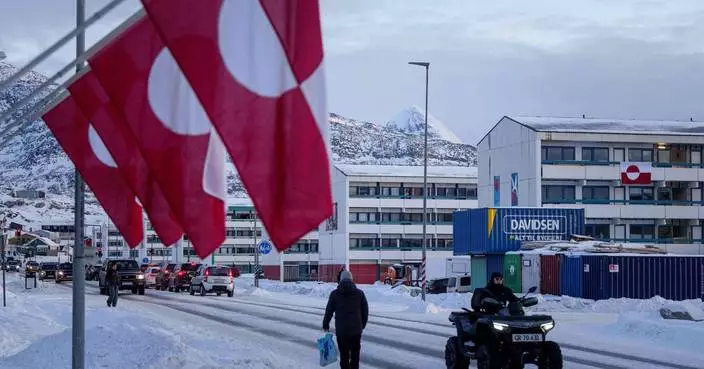
What's next for Greenland and Denmark after difficult meeting with Trump administration

In a warming world, freshwater production is moving deep beneath the sea
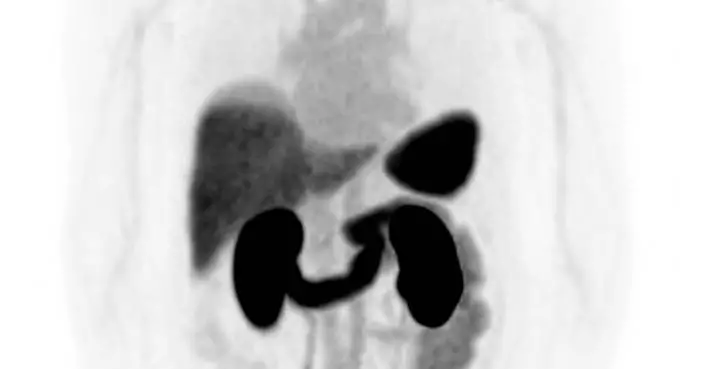
SECuRE trial to continue with no modifications to protocol following Safety Review Committee meeting
Japanese PM's erroneous remarks on China's Taiwan undermine regional stability
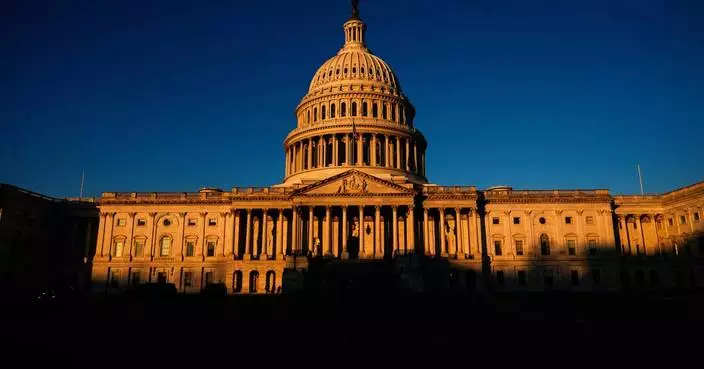
10% of US House members have announced they're not running for reelection, an AP analysis shows

ESTsoft and Samsung Electronics Unveil 'AI Promoter' at CES 2026, Delivering an Innovative Exhibition Experience
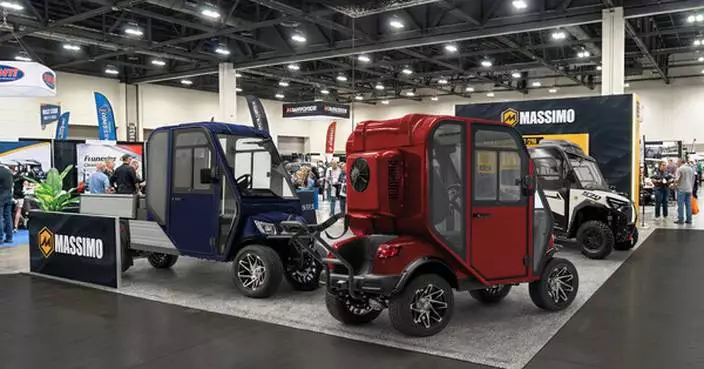
Massimo Group to Debut Second-Generation MVR HVAC Pro Series at 2026 PGA Show

PhotonPay Expands UK Local Payment Rails via New Collaboration with ClearBank

Never mow lawns or clean pools the same again: MOVA showcases M∞VA Universe integrated smart outdoor technologies in Silicon Valley
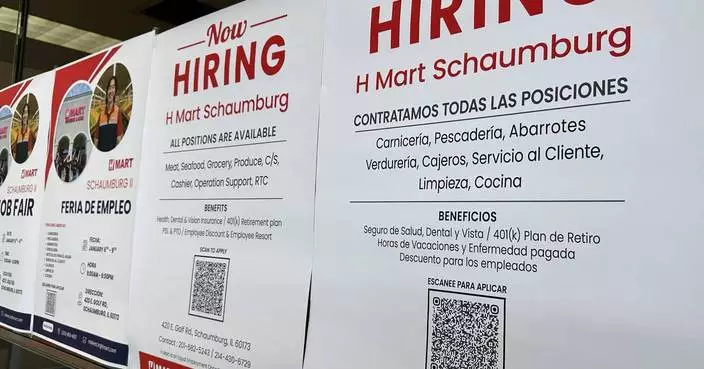
Just 198,000 Americans filed jobless claims last week, fewer than expected as layoffs remain low

McIlroy leads by one stroke after first round at Dubai Invitational

Vetter Reaches Key Launch Milestones for the V-OVS® next Tamper-Evident Syringe Closure System
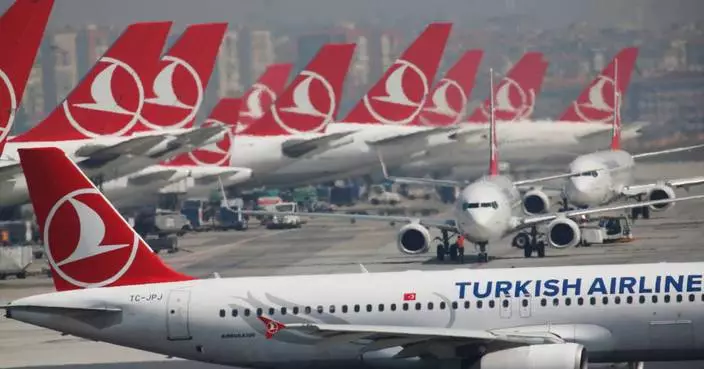
Turkish Airlines flight makes emergency landing in Barcelona after 'threat' alert

Niagen Bioscience Expands HSA/FSA Access for Tru Niagen®, the Leading NAD+ Supplement in the U.S.*

DDC Enterprise Acquires 200 BTC, Marking Its First Bitcoin Purchase of 2026
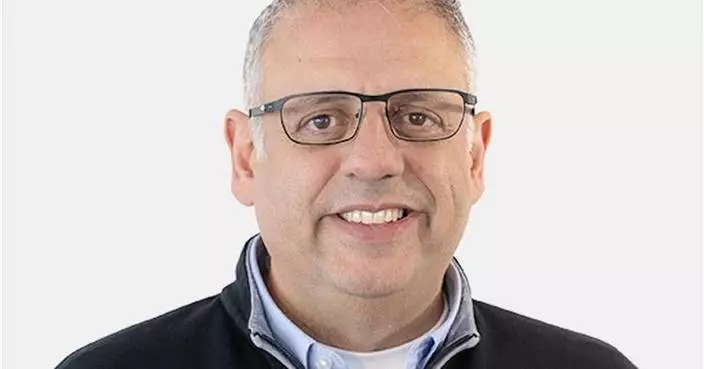
Skillsoft Appoints Bernard Barbour as Chief Technology and Product Officer
Palestinian death toll in Gaza rises to 71,439: health authorities

Rachel Goldberg-Polin's memoir recounts her journey after her son's abduction by Hamas
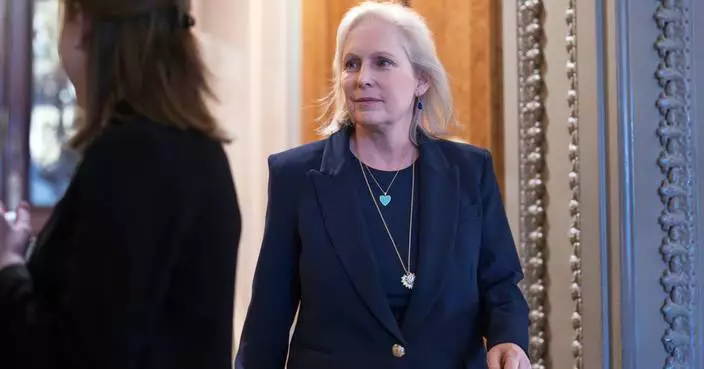
Senators launch a cross-party effort to end stock trading by lawmakers
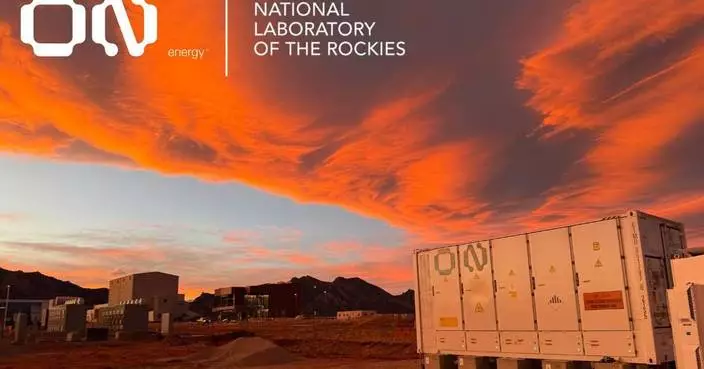
ON.energy Deploys Medium Voltage AI UPS for Grid-Safe AI Campuses at National Laboratory of the Rockies


